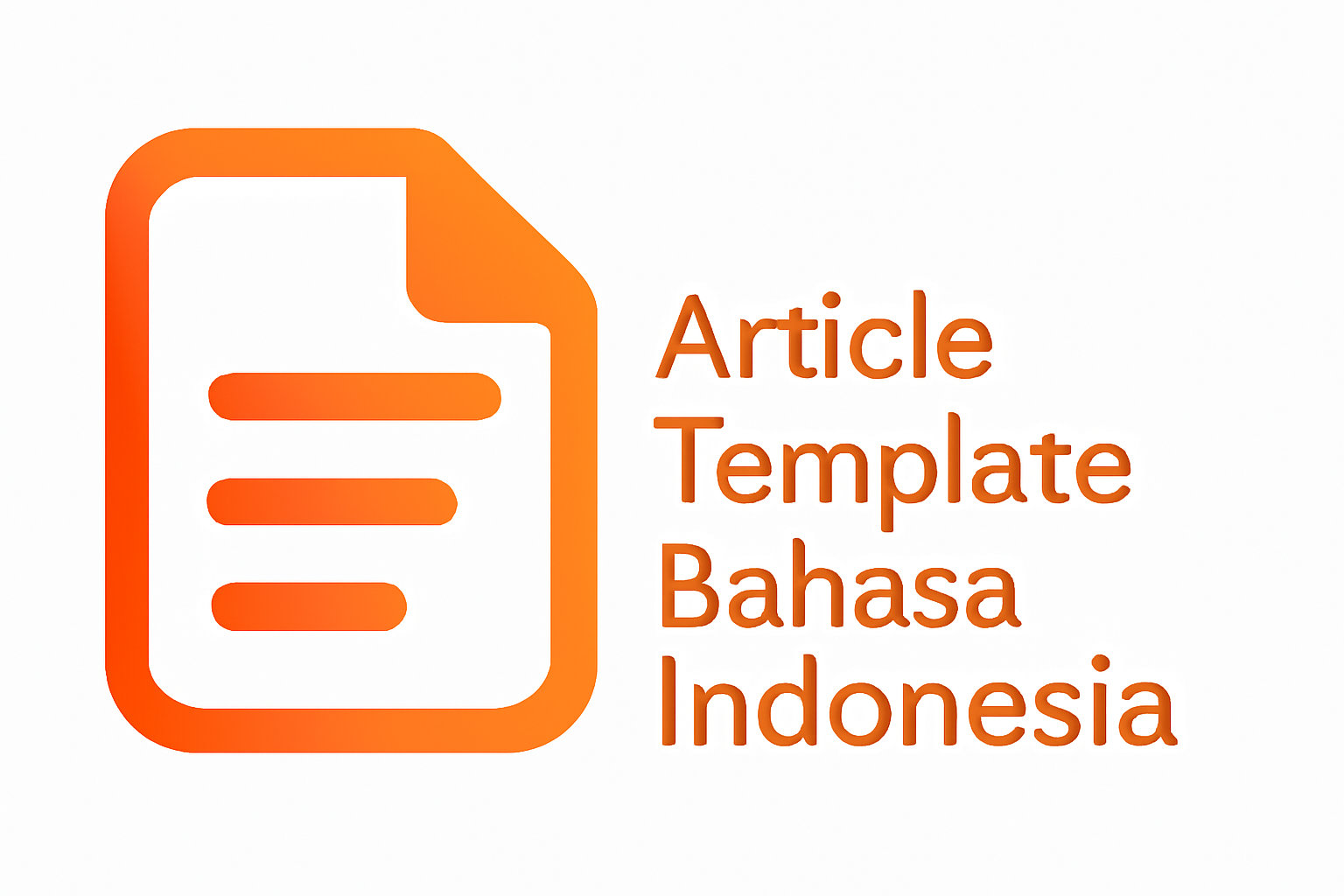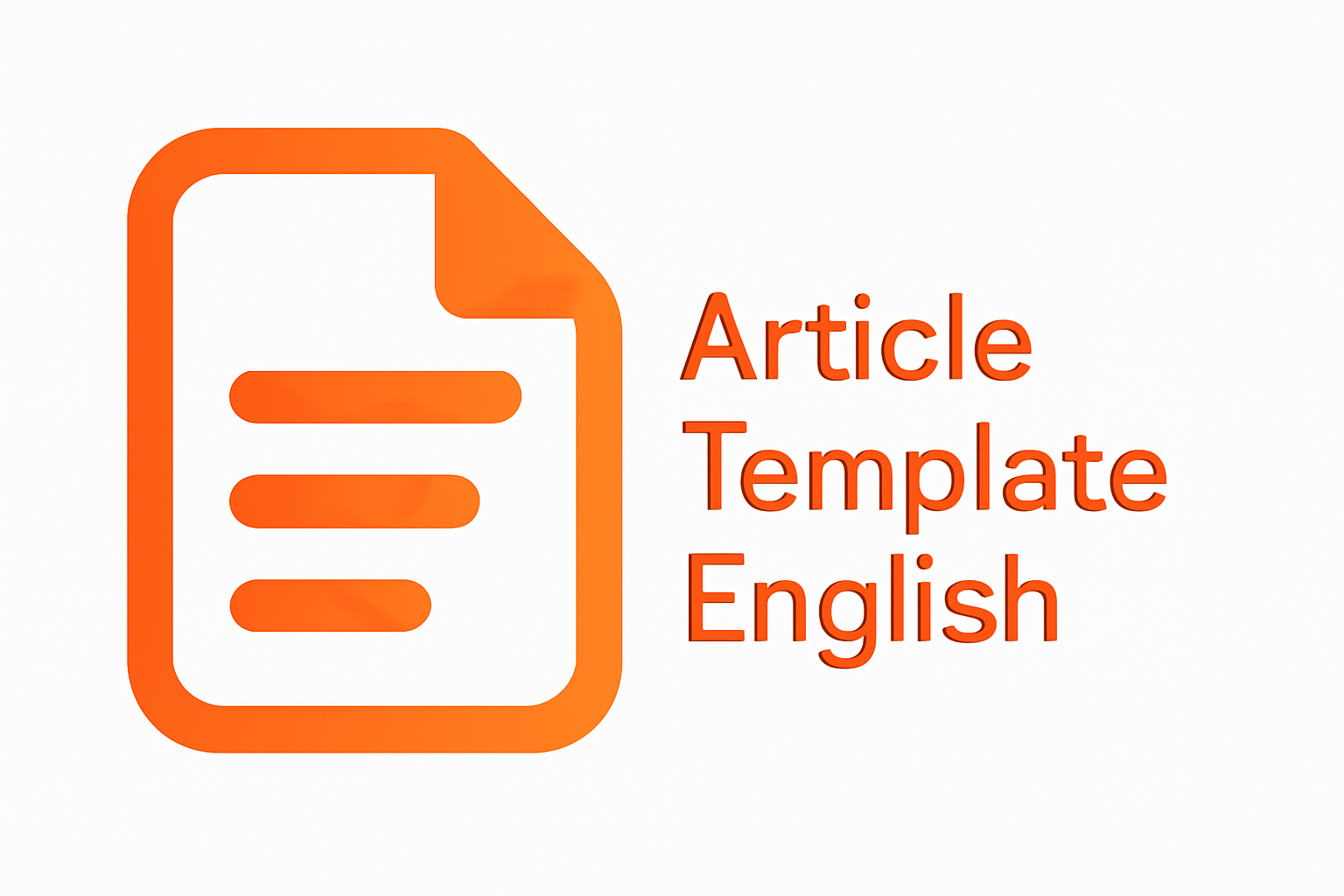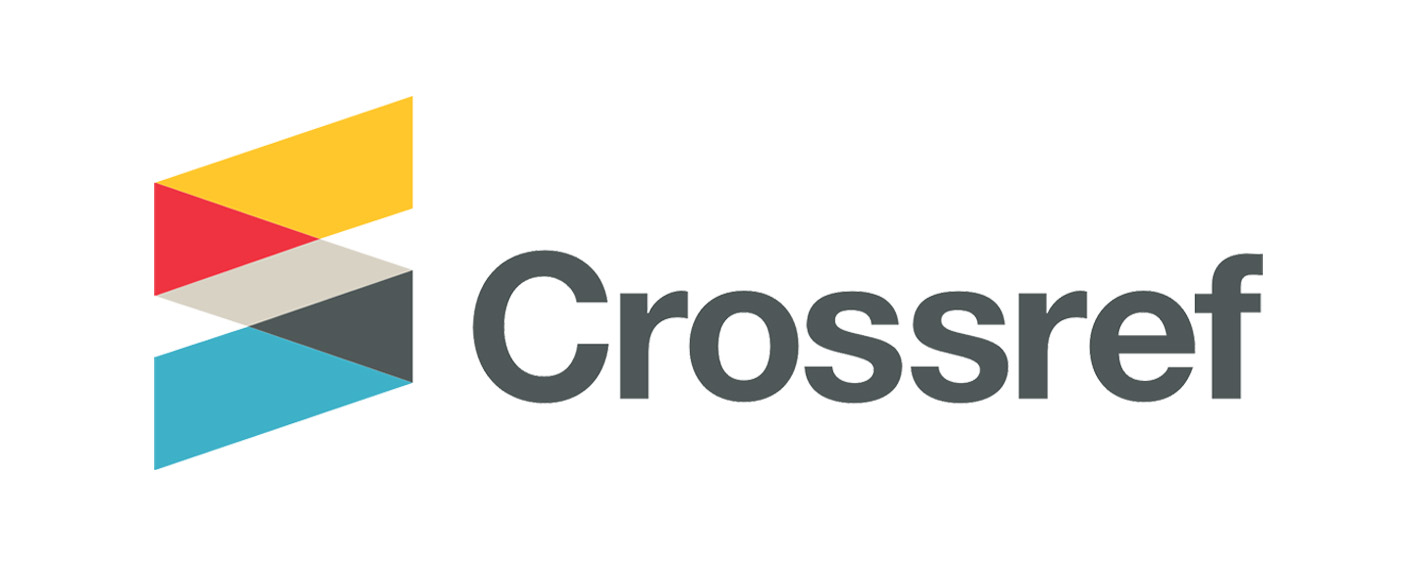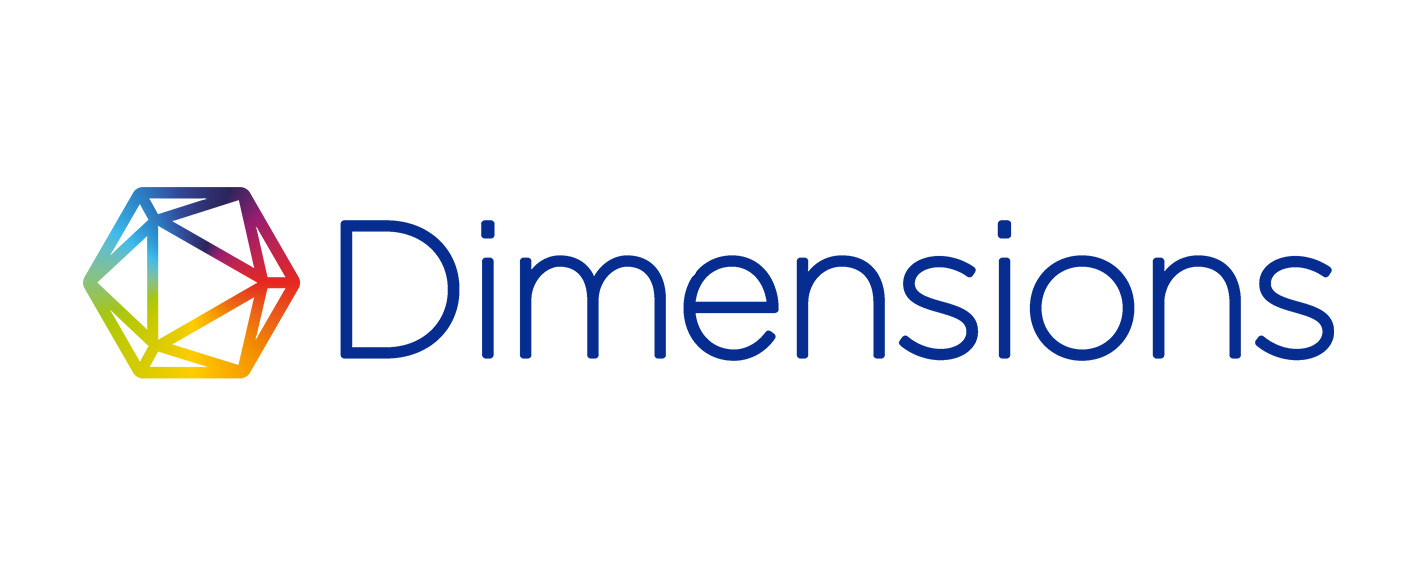Focus and Scope
Doh Gisin serves as a scholarly platform dedicated to publishing original, innovative, and impactful research findings concerning gender, women, and children. It aims to disseminate relevant knowledge and to provide a framework for social transformation in gender equality and child protection. We invite interdisciplinary contributions from various fields, including, but not limited to, sociology, anthropology, psychology, law, education, economics, political science, communication, cultural studies, and health. It welcomes submissions on gender and child issues from any perspective, including religion, economics, feminism, culture, history, education, law, art, communication, and politics.
Focus
The journal's primary focus revolves around critical issues related to:
- Gender Identity and Construction: Exploration of diverse gender identities, gender roles, masculinities, femininities, and intersectionality within social, cultural, and historical contexts. This also includes analyses of how concepts of equality are understood and implemented across various societies.
- Women and Gender Equality: In-depth analysis of women's experiences in various life sectors (social, political, economic, cultural), challenges faced in achieving gender equality, women's empowerment, and the impact of relevant policies/advocacy and programs. We also welcome studies on human rights of women and children.
- Children and Children's Rights: Studies on child development, child protection, violence against children, child education, child participation, and the fulfillment of children's rights in various contexts, including family, community, and state.
- Dynamics of Gender and Generational Relations: Research on the interactions and negotiations between genders and across generations, including family issues, parenting, domestic labor division, and the role of men in gender equality. This topic can also encompass studies on seksualitas and how it influences gender relations.
- Representation and Discourse: Analysis of the representation of gender, women, and children in media, arts, literature, law, and other public discourses, and their impact on the formation of perceptions and stereotypes. This is also relevant to how social change is represented.
- Policy, Advocacy, and Human Rights: Critical examination of public policies and advocacy strategies with a gender and child perspective, effectiveness of implementation, and strategies for achieving more inclusive and just social change based on human rights principles.
- Religion, International Relations, Migration, and Social Mobility: Analysis of the role of religion in shaping gender norms and the experiences of women and children, as well as its implications in the context of international relations. We are also interested in the impact of migration and social mobility on gender, women, and children, including emerging challenges and opportunities.
- Social Development and Inclusion: Discussion on social development, particularly concerning issues in the advancement of gender, women, children, and social inclusion. This includes studies on how development approaches may or may not address gender inequality and marginalization.
- Ecofeminism: Interdisciplinary studies connecting environmental issues with gender analysis, including the impact of climate change and environmental degradation on women and children, and the role of women in sustainability and ecological justice movements.
Scope
This journal exclusively accepts articles in the form of empirical studies, meaning the results of fieldwork or case studies utilizing qualitative, quantitative, or mixed methodologies. Articles must present data-driven research findings, robust analysis, and a clear contribution to existing literature.
We encourage submitters to present analyses that are not only descriptive but also critical, reflective, and contribute to the advancement of knowledge as well as practical solutions to existing problems.














